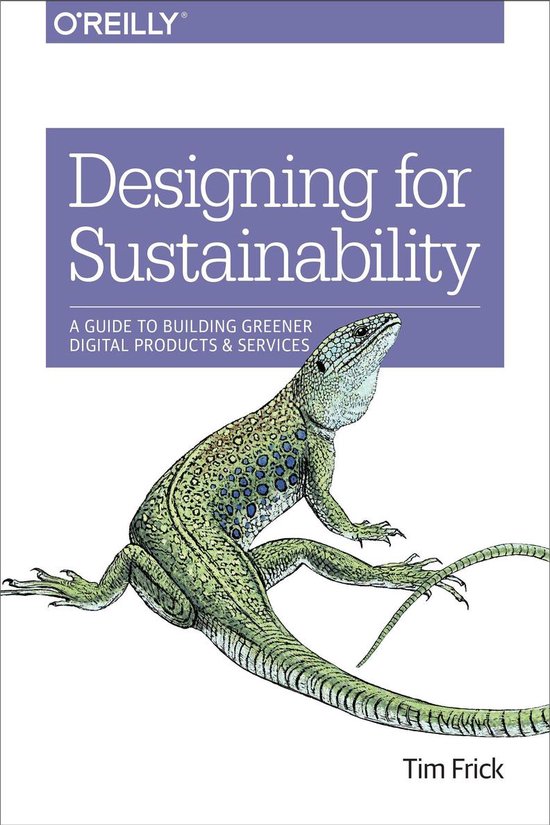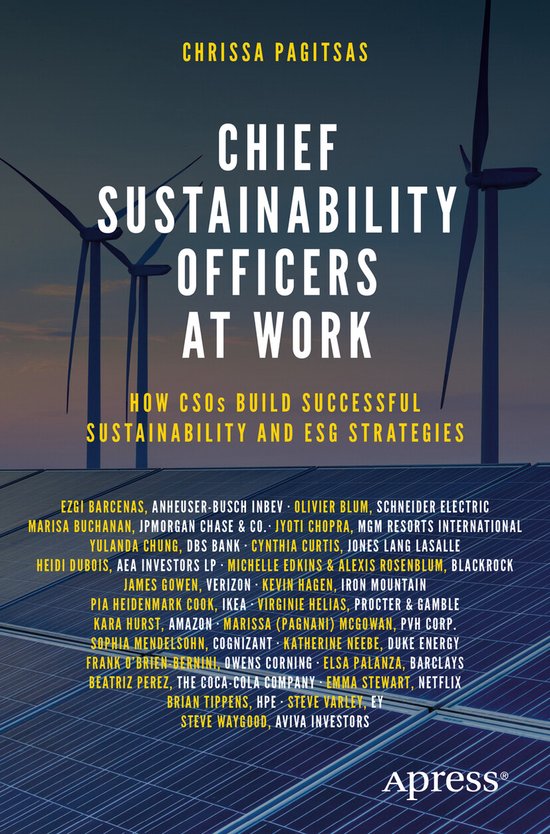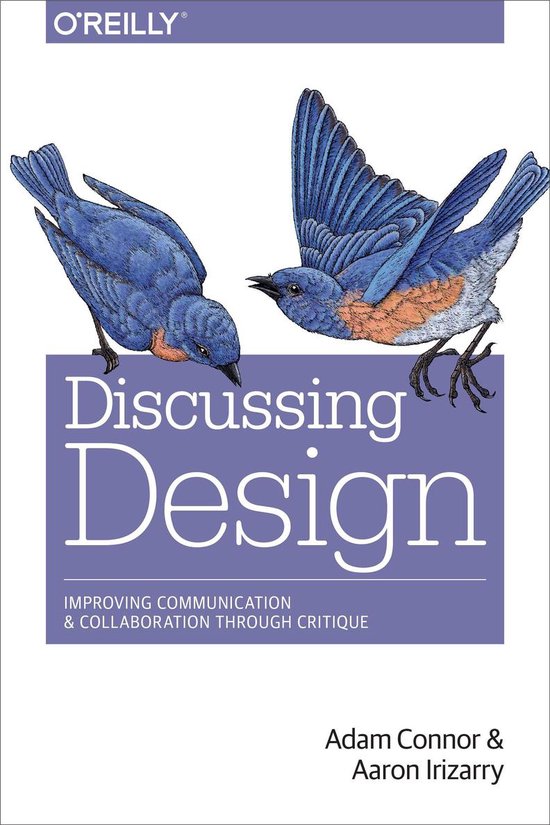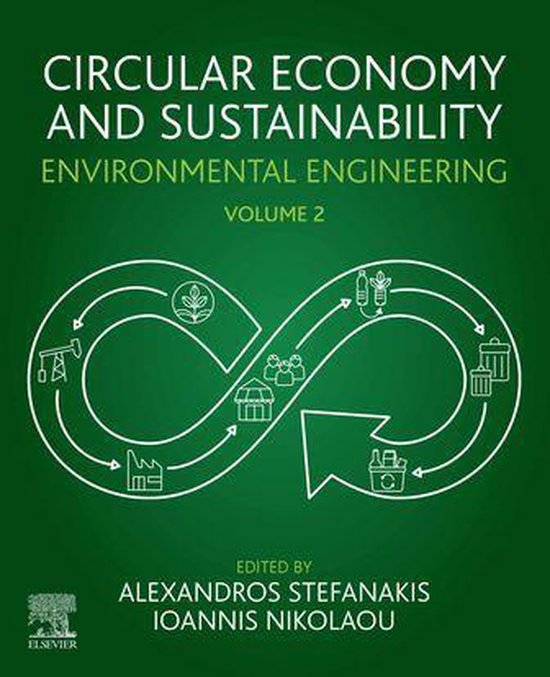
Designing for Sustainability
Pixels use electricity, and a lot of it. If the Internet were a country, it would be the sixth largest in terms of electricity use. That’s because today’s average web page has surpassed two megabytes in size, leading to slow load times, frustrated users, and a lot of wasted energy. With this practical guide, your web design team will learn how to apply sustainability principles for creating speedy, user-friendly, and energy-efficient digital products and services.
Author Tim Frick introduces a web design framework that focuses on four key areas where these principles can make a difference: content strategy, performance optimization, design and user experience, and green hosting. You’ll discover how to provide users with a streamlined experience, while reducing the environmental impact of your products and services.
- Learn why 90% of the data that ever existed was created in the last year
- Use sustainability principles to innovate, reduce waste, and function more efficiently
- Explore green hosting, sustainable business practices, and lean/agile workflows
- Put the right things in front of users at precisely the moment they need them—and nothing more
- Increase site search engine visibility, streamline user experience, and make streaming video more efficient
- Use Action Items to explore concepts outlined in each chapter
| Auteur | | Tim Frick |
| Taal | | Engels |
| Type | | E-book |
| Categorie | | Computers & Informatica |





